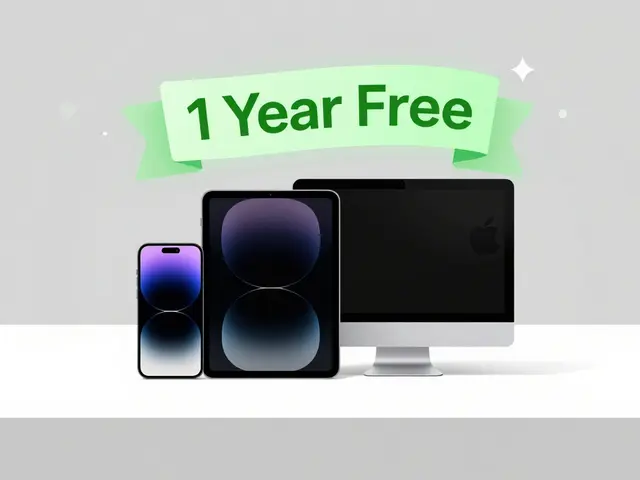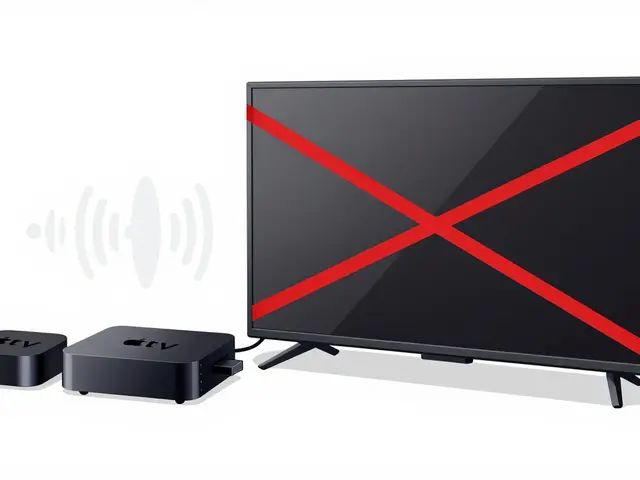Online Medical Advice – Your Quick Guide to Getting Safe Health Info
People look up symptoms, medications, and treatment options on the web every day. It feels fast and free, but the internet is a mixed bag of solid facts and shaky guesses. Knowing how to separate the good from the bad can keep you from misinformation and costly mistakes.
Why People Turn to Online Medical Advice
Most of us want answers right away. Waiting for a doctor’s appointment can take days, and a quick search feels like a shortcut. You can learn about drug interactions, see what antibiotic resistance means, or read up on new pharmacogenetics studies without leaving your couch. That convenience is powerful, but it also means you’re trusting strangers.
How to Spot Reliable Sources
First, check who wrote the article. Look for medical degrees, hospital affiliations, or government health agencies. Sites that end in .gov, .edu, or reputable .org domains usually have stricter review processes. Second, see if the page cites recent studies or official guidelines—those are good clues the info is up‑to‑date. Third, watch out for ads that push a product; they often blur the line between advice and selling.
When you read a piece about drug interaction charts, for example, the author should mention specific meds, dosage ranges, and why the interaction matters. A vague warning like “some drugs may clash” without details is a red flag. The same rule applies to articles on antibiotic resistance or the latest DNA‑based medication guides.
Another tip: compare multiple sources. If three reputable sites agree on a dosage or side effect, the chance of error drops. If you find wildly different numbers, that’s a sign to dig deeper or ask a professional.
Even reliable sites can have errors, so treat online advice as a starting point, not a final verdict. Use the information to form smart questions for your doctor or pharmacist. For instance, if you read about a new risk with ibuprofen, bring that up at your next visit.
Don’t forget privacy. Some health forums ask for personal details or track your searches. Stick to platforms that respect data protection and let you stay anonymous if you prefer.
Here’s a quick checklist for safe browsing:
- Verify the author’s credentials.
- Prefer .gov, .edu, or well‑known medical .org sites.
- Look for recent citations and clear references.
- Avoid pages that mainly sell products.
- Cross‑check facts with at least two sources.
- Write down questions for your healthcare provider.
By following these steps, you can get useful insights—from how to read a drug interaction chart to understanding why antibiotic resistance matters—without falling into the trap of misinformation. Remember, the internet is a tool, not a replacement for professional care.
20
Can You Trust Online Medicine Advice? Risks, Signs & Reliable Sources
Explore how to evaluate online medicine advice, spot misinformation, and rely on trustworthy sources for safe drug information and health decisions.
Latest Posts
Popular Posts
Categories
Tags
- streaming services
- video editing
- video production
- parental controls
- Max streaming
- video editing software
- marketing mix
- subscription management
- streaming apps
- Dolby Atmos
- video editing tips
- tips
- ROI
- video marketing
- video editing tools
- marketing strategy
- Premiere Pro
- family viewing
- classic cinema
- Kurosawa




